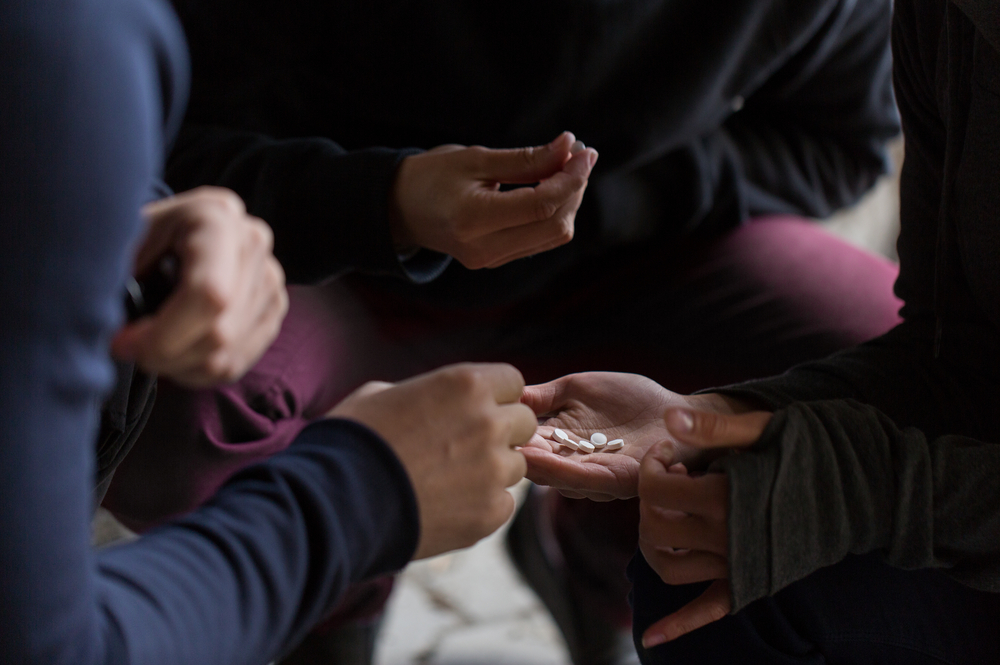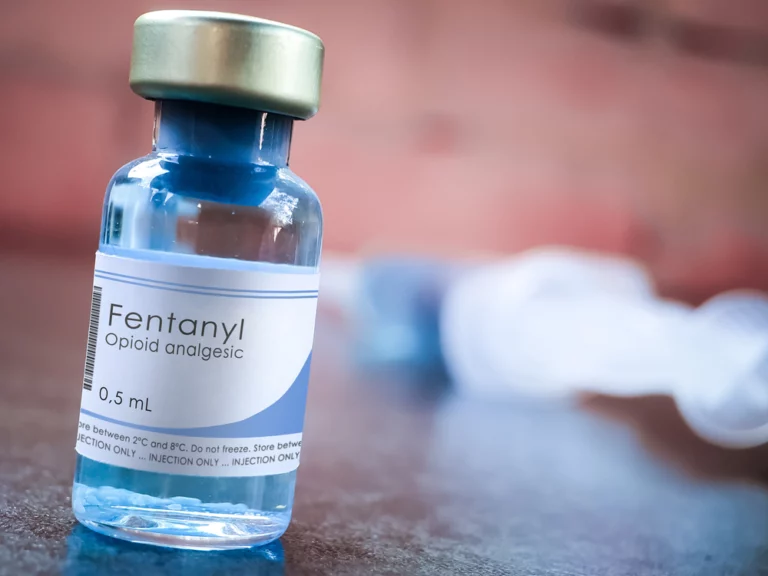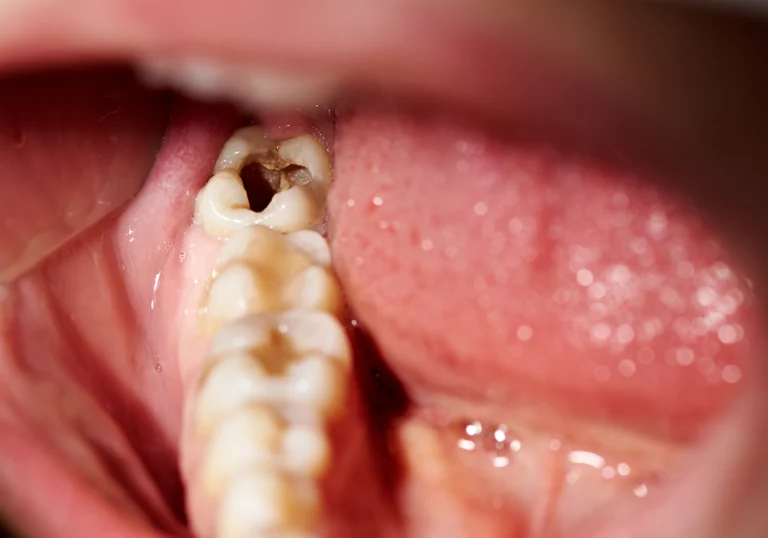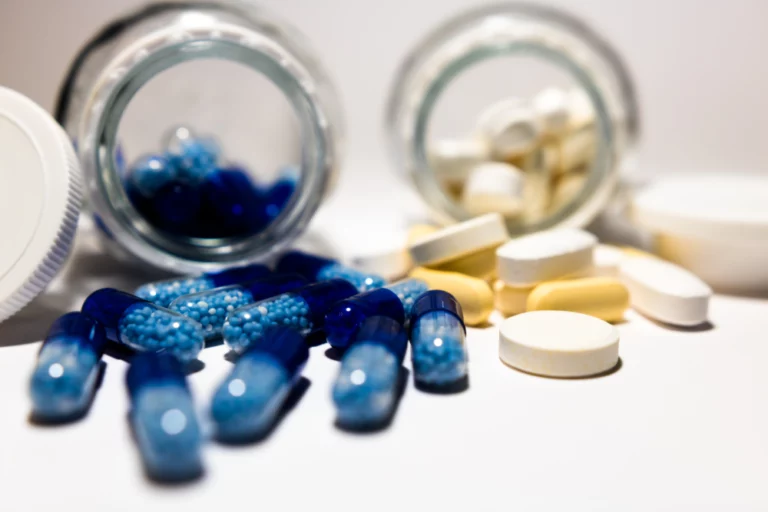Gateway Drugs: Why Adolescence Is The Real Gateway
If you’re wondering if gateway drugs cause individuals to transition to more addictive drugs, this is the article for you. There are dozens of articles and reports that mention marijuana, tobacco, and alcohol as gateway drugs that will eventually lead to harsher substances and severe drug addictions.
We’ve written this blog to clarify why these gateway drugs are not the actual link to substance use disorders and why the real cause begins in adolescence.
What Are Gateway Drugs?
“Gateway drugs” are often used to describe certain substances that are believed to lead to the use of more dangerous drugs like cocaine or heroin. This term, however, is not a medical term but rather a popular phrase used to express the notion that certain drugs may increase the likelihood of addiction or lead to the use of stronger substances.
While the concept of gateway drugs has been around since the 1970 “War on Drugs,” studies have shown no conclusive evidence linking the use of a particular substance to future substance use. But, because of the increase in legalization and destigmatization of cannabis in the last ten years, politicians and anti-legalization organizations have expressed their opposition to the new laws by invoking the gateway hypothesis.

Most Common Gateway Drugs
It’s worth noting that all drugs can be gateway drugs if someone has access to them. But the most popular “gateway drugs” are:
- Alcohol: Studies show that alcohol is the most commonly tried substance among first-time users, with 66% of surveyed Americans reporting it as their first substance used, followed by tobacco and marijuana. Because of its legality and social acceptance, alcohol can be considered a gateway drug, especially because it impairs judgment and can cause individuals to make poor decisions, including trying other drugs.
- Tobacco/Nicotine: The Centers for Disease Control and Prevention (CDC) report that smoking cigarettes is the main preventable cause of death in the US. Other studies report that nicotine smokers (including vapes) are more likely to use marijuana, cocaine, prescription drugs, and binge drinking than non-smokers. But, this is likely linked to the addictive properties of nicotine and the compulsive behaviors that develop after years of smoking.
- Cannabis: Marijuana is widely regarded as the most popular gateway drug. Experiments on adolescent rodents suggest that early exposure to THC reduces the reactivity of brain dopamine reward centers later in adulthood, which could increase vulnerability to addiction to other substances during adulthood. These findings support the concept of marijuana as a “gateway drug.” Still, it should be noted most marijuana users do not transition to other harder substances.
- Prescription Drugs: Prescription medications are easily accessible to many people, particularly when prescribed painkillers for an injury or surgery. After the medication is no longer needed, strong pain pills can remain in medicine cabinets, making them available to individuals seeking relief from stress or anxiety. Some individuals who have used central nervous system depressants may be drawn toward heavier opioids like heroin or fentanyl. Individuals using stimulants like Adderall could be more inclined to try cocaine or meth.
Read more: Top 5 Most Addictive Drugs

Is Gateway Drug An Outdated Term?
Using “gateway drug” to describe a specific substance can be misleading and doesn’t accurately reflect the situation. It creates the impression that progressing toward a more severe addiction and using dangerous drugs is inevitable.
A different perspective on the gateway drug theory suggests that individuals more susceptible to drug use, such as those with mental health disorders, may begin with easily accessible substances like alcohol, tobacco, or marijuana. If they find themselves around other drug users with access to different substances, their exposure increases the likelihood of experimenting with harder drugs.
Another important aspect that can lead to harder drug use is the environment. According to a U.S. Department of Health and Human Services study, Japan has lower overall marijuana use rates than many Western nations. The study found that 83% of Japanese illicit drug users did not start with marijuana addiction.

Why Adolescence Is The Real “Gateway Drug”
While most people suggest it’s the type of drug that leads to heavier drug use, it’s more linked to the age of a person, as well as their genes and environment, that leads to substance use disorders. During adolescence, there is a higher level of dopamine activity in the brain’s reward center compared to other life stages. This heightened activity prompts young people to actively seek pleasurable experiences, including experimenting with drugs.
The brain undergoes significant changes during the teenage and early adult years, and it doesn’t fully develop until a person’s mid-twenties. This can cause people to act impulsively and make rash decisions, such as trying drugs, without fully considering the potential consequences.
A 2016 Surgeon General’s Report indicated that adolescents who begin drinking alcohol before 15 years old are four times more likely to become addicted than those who wait until age 20 or older. Additionally, almost 70 percent of those who try illicit drugs before age 13 develop clinical addiction within seven years. According to the National Center on Substance Abuse and Child Welfare, adolescents who use any addictive substance before 18 years old are 6.5 times more likely to develop a clinical substance use disorder during adulthood.
Contact Oasis Recovery Center
If you or someone you know is struggling with a drug or alcohol addiction, or you’re worried that recent illicit drug use will lead to severe addiction, contact Oasis Recovery Center. Our addiction treatment center has the tools and skills to overcome various substance use disorders, utilizing different therapy methods, healing modalities, and treatment programs. Don’t wait. Call, and one of our experienced admissions agents can help you on the path to recovery.










